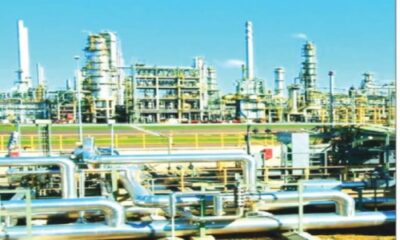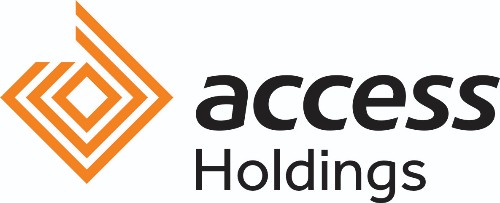Transcorp Power Plc (Transcorp Power), one of the electricity generating subsidiaries of Nigeria’s leading, listed conglomerate, Transnational Corporation Plc (Transcorp Group), has demonstrated impressive financial performance in its released Q1 2024 unaudited financial statements, for the period ended March 31, 2024.
The Company recorded N67.86 billion in gross earnings, compared to N21.04 billion reported in Q1 2023, reflecting a significant increase of 223%.
The strong performance is further demonstration of the Company’s strategic focus and effective execution, as part of Transcorp Group’s implementation of its integrated power strategy.
Highlights of Transcorp Group Results
Q1 2024 Revenue N67.86 billion, up 223%, compared to N21.04 billion in Q1 2023.
Profit before Tax rose by 775%, amounting to N28.77 billion in Q1 2024, compared to N3.29 billion in the same period last year.
Profit after Tax grew by 665% year-on-year to N20.1 billion in Q1 2024, compared to N2.6 billion in the same period last year.
Total assets grew to N276.2 billion in Q1 2024, up from N223.3 billion in Q4 2023.
Commenting on the financial highlights, Evans Okpogoro, the Chief Financial Officer said, “The Q1 2024 results saw a gross margin of 51%, a cost to income ratio of 70% and net profit margin of 30% compared to Q1 2023 gross margin of 37%, cost to income ratio of 87% and net profit margin of 13%. This highlights the remarkable operational efficiency gains of the Company. Transcorp Power has continued to grow its revenue aggressively and consistently over the last five years. We expect that by year end 2024, we will see a similar growth trajectory recorded between FY 2022 and FY 2023.”
Transcorp Power MD/CEO, Peter Ikenga, commented on the results, “We are pleased to report further robust financial performance, despite sectoral challenges such as gas supply issues and macroeconomic challenges. Our ability to sustain growth amidst this environment shows the resilience of our business model and the efficient execution of our strategic initiatives.”
“We remain committed to leveraging our strengths to capitalise on emerging opportunities, drive sustainable growth and provide superior value to all our stakeholders. We will continue to prioritise ingenuity, operational excellence, corporate governance, and stakeholder engagement, to deliver superior value for our long-term growth”. He added.
About Transcorp Power Plc
Transcorp Power Plc is an electricity generating subsidiary of Transnational Corporation Plc (Transcorp Group), one of Africa’s leading, listed companies, with strategic investments in the power, hospitality, and energy sectors.
Transcorp Power is committed to creating value and driving economic growth, by improving lives through access to electricity and transforming Africa.

 BIG STORY4 days ago
BIG STORY4 days ago
 BIG STORY5 days ago
BIG STORY5 days ago
 ENTERTAINMENT2 days ago
ENTERTAINMENT2 days ago
 BIG STORY4 days ago
BIG STORY4 days ago
 BIG STORY5 days ago
BIG STORY5 days ago
 BIG STORY2 days ago
BIG STORY2 days ago
 BIG STORY5 days ago
BIG STORY5 days ago
 BIG STORY5 days ago
BIG STORY5 days ago







































